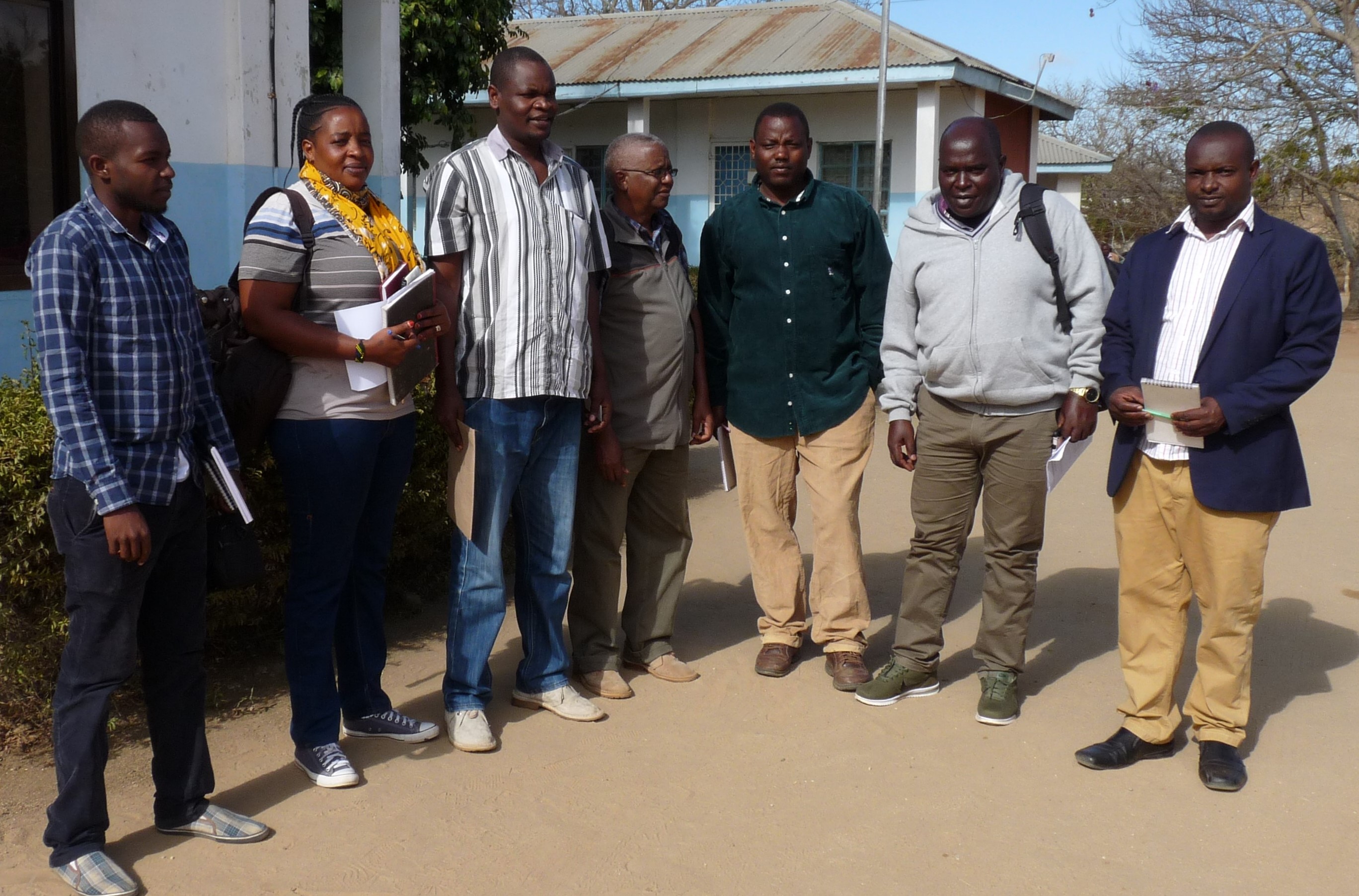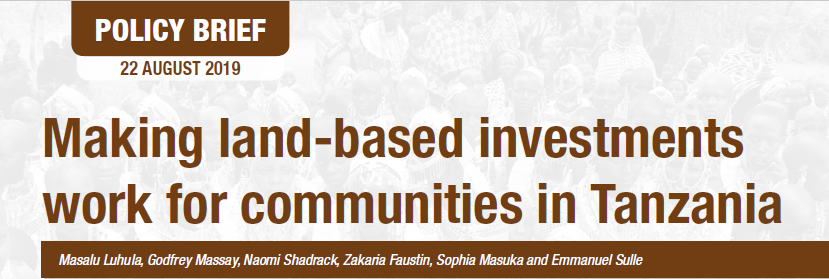PARTICIPATORY RANGELANDS MANAGEMENT PROJECT (PRM) TECHNICAL VISIT TO OLENGAPA CLUSTER IN KITETO DISTRICT, MANYARA REGION
kiteto_dc.jpg

Dates: 23rd September - 2nd October 2018
Tanzania Natural Resource Forum (TNRF) in collaboration with Resource Conflict Institute (RECONCILE), International Livestock Research Institute (ILRI), Veterinaries San Frontiers (VSF), SOS SAHEL and Coalition of European Lobby on Pastoralism in East Africa (CELEP) are implementing Participatory Rangelands Management Project; a four-year project funded by European Union (EU) through International Land Coalition (ILC). This is a cross border project in Tanzania and Kenya where TNRF is the implementer of the project in Tanzania while RECONCILE pilots the project in Baringo County, Kenya.
The overall objective of the project is to improve the livelihood and nutrition status of pastoralist communities in East Africa by improving the management of rangelands for optimal utilization. Thus, the project work towards attaining security and better use of rangelands and expand the role of women in selected pastoral communities in Kenya and Tanzania.
With the lessons learnt from Ethiopia by both Tanzanian and Kenyan team, where PRM has been successfully piloted, contextualizing the concept locally is now key to the implementation process. Tanzania, having already a more related project (Sustainable Rangelands Management - SRMP) running since 2011 in one of the clusters – OLENGAPA in Kiteto with impacts on securing grazing land through joint land use plans; TNRF is taking a step to study the gaps and challenges of SRMP as a stepping stone to gradual piloting of the PRM and also meet key stakeholders of this process who are; the Community members, KINNAPA, Kiteto District Council and Olengapa Livestock Association members. A part from TNRF staff and SRMP partners of the ground, the team shall be joined by technocrats from Ministry of Livestock and Fisheries and Sokoine University of Agriculture.
Objective of the field visit
The main aim of the visit is to familiarize with the project site, thereby gathering and compiling/collating relevant technical and related information on what has been done in terms of PRM process, identifying gaps, hold dialogue with the key stakeholders and design a PRM action plan.
Expected output
- Report on all the relevant technical information on PRM and gaps to be addressed when implementing the project. This will be driven from the SRMP related results and outputs
- List of all partners and stakeholders in OLENGAPA and the expected technical role in PRM piloting
- PRM action plan moving forward.

